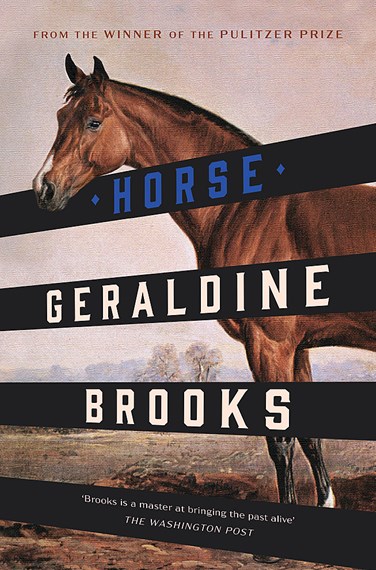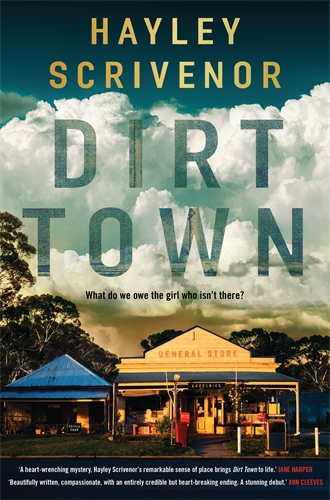Horse
We’re halfway through the year, and we hope you find plenty of incentive to read and discover some treasures in this inter-warming Gleaner issue. We’re taking a collective breath after our engagement with the very successful 2022 Sydney Writers’ Festival. From a bookseller’s viewpoint, it’s a wonderful validation of the engagement of writers of all genres with their public. And with inventive and wise programing, there is ample opportunity to see and hear those writers, in conversation, or panels, or debate, in many different formats. I’ve probably said this in previous years, but it’s very heartening to see what a rich and compelling program was on offer, with only a handful of international guests. A reminder of just how robust and healthy the Australian writing scene is, and hopefully the new Federal Government recognises same.

It’s also noteworthy that, overwhelmingly, children’s books dominated the bestsellers, perhaps the healthiest sign of all. As I mentioned in the last issue, we’re expecting plenty of changes in and to our Glebe shop (including a temporary relocation) as a major renovation commences in the second half of the year. But expect our lively events program, e-newsletters and Gleaners, to continue with customary enthusiasm. And of course, many personalised reviews and recommendations. Here’s a couple of mine: Horse, is Geraldine Brooks’ welcome return to historical fiction, as per March, a perceptive, yet hard-edged exploration of what it might mean to be black in mid 19th and contemporary America. Chronologically leaping across the time frames and two centuries, Brooks’ narrative is threaded around the impact America’s most famous racehorse, Lexington has on the lives and relationships of several black men, most particularly Jarrett his enslaved trainer. It’s an ambitious novel, and Brooks’ adeptness in weaving meaningful research around art and science, adds heft and depth to the story. Douglas Stuart swept readers up with the blazing beauty of his writing in Shuggie Bain. Amazingly, his second novel Young Mungo, set pretty much in the same time and place (the grinding poverty of the “schemes” of late 20th century Glasgow) achieves more. Again the central charatcer a sensitve, gay teenage boy, again with an alcoholic mother and complicated siblings. But the dual narrative and scope of Young Mungo makes for a richer, deeper, more sentimental story.

Dirt Creek is Hayley Scrivenor’s debut fiction and it’s very, very good. Not so much “rural/ruro” as “small town” crime, it’s tightly plotted, has a sure and convincing sense of place, and deftly interweaves a complex set of characters. The town’s children act as a kind of chorus, or commentary, on the action-a superb device in a very impressive novel.
Finally, I recommended Chloe Hooper’s Bedtime Story in our last Gleaner. Two months on, I can’t help but feel it might be the best non-fiction I read this year. Such is its beauty and resonance. Wise and enriching.
Until next time,
David

